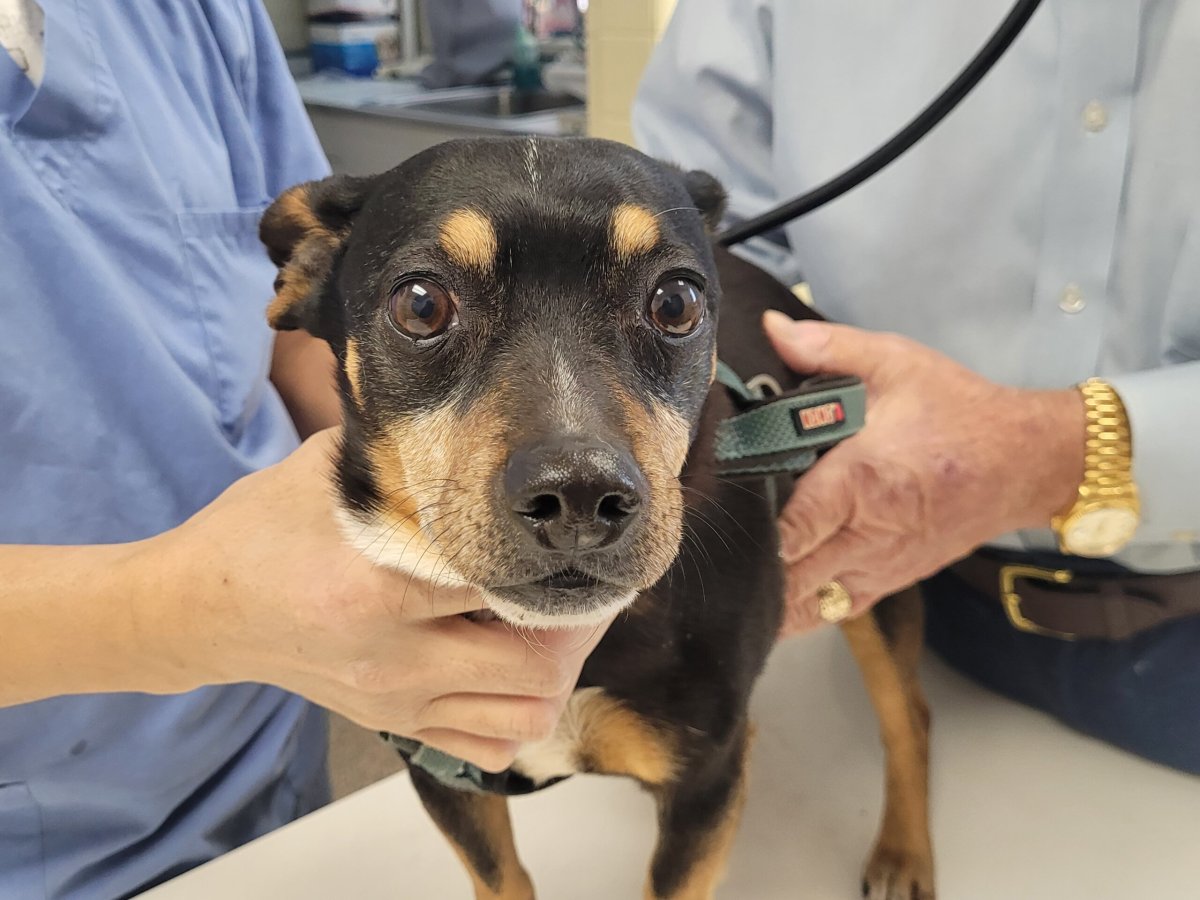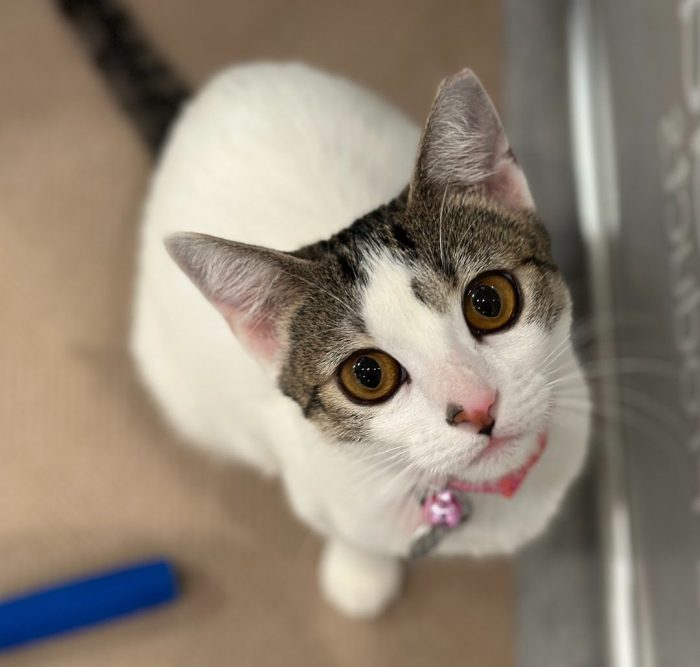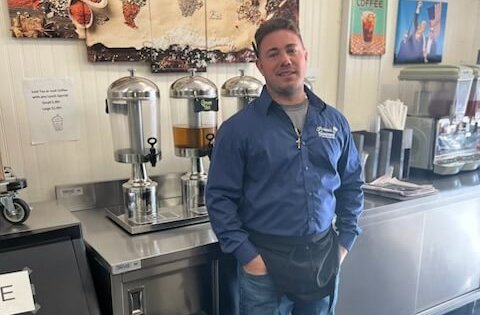Ensuring Longevity and Happiness: Expert Tips for Caring for Aging Companion Animals
Understanding how to care for companion animals as they age is vital for their wellbeing. Dependent upon species, breed, and additional factors such as genetics, diet, and lifestyle, indoor cats and small dogs can typically live for an average of 15-18 years, while larger dogs may live to be 10-12 years of age. To ensure your pet reaches their golden years happily and healthily, education is key.
One of the most proactive measures is to visit your veterinarian at least once a year. According to Dr. Brian Rind, Veterinarian at Great Neck Animal Hospital, annual checkups should include a full physical examination, blood tests, teeth checks/cleaning, and the administration of core vaccines such as distemper, canine hepatitis, parvo virus, leptospirosis, and rabies. Additional vaccines to consider include Bordetella and the canine influenza vaccine, dependent upon the pet’s lifestyle and risk factors.
Equally important is to advise your veterinarian of any changes, even subtle ones, that you may have noticed, such as increased drinking or urination, which could be signs of kidney issues or diabetes. “A general guideline is to monitor your pet’s water intake. A dog should drink about half an ounce per pound of body weight, assuming normal outdoor temperatures,” says Rind.
Based on the results of both the physical and laboratory tests, appropriate actions including additional testing or dietary/lifestyle changes can be discussed and implemented as necessary. Dr. Rind identifies further signs that may indicate a problem, including coughing at rest, which could signify heart or lung issues, and exercise intolerance, which may point to arthritis. “Loss of appetite is also a good indicator. If they are eating well, they are usually in pretty good health.”
If you don’t yet care for a senior, consider adopting one. Long Island based organizations like For Our Friends, Inc. rescue numerous older animals from situations such as owner surrenders, and those at risk in shelters. Jacqueline Cigliano, President of For Our Friends, Inc., stresses that shelters are filled with overlooked senior dogs, many in excellent health. “There is a common misconception that younger animals are inherently healthier, however, many seniors in our shelter systems are surrendered due to ownership issues, not animal health-related problems. With proper care, senior animals make wonderful pets. They are typically already trained, behavior managed, and generally lower maintenance than their younger counterparts,” says Cigliano.
































